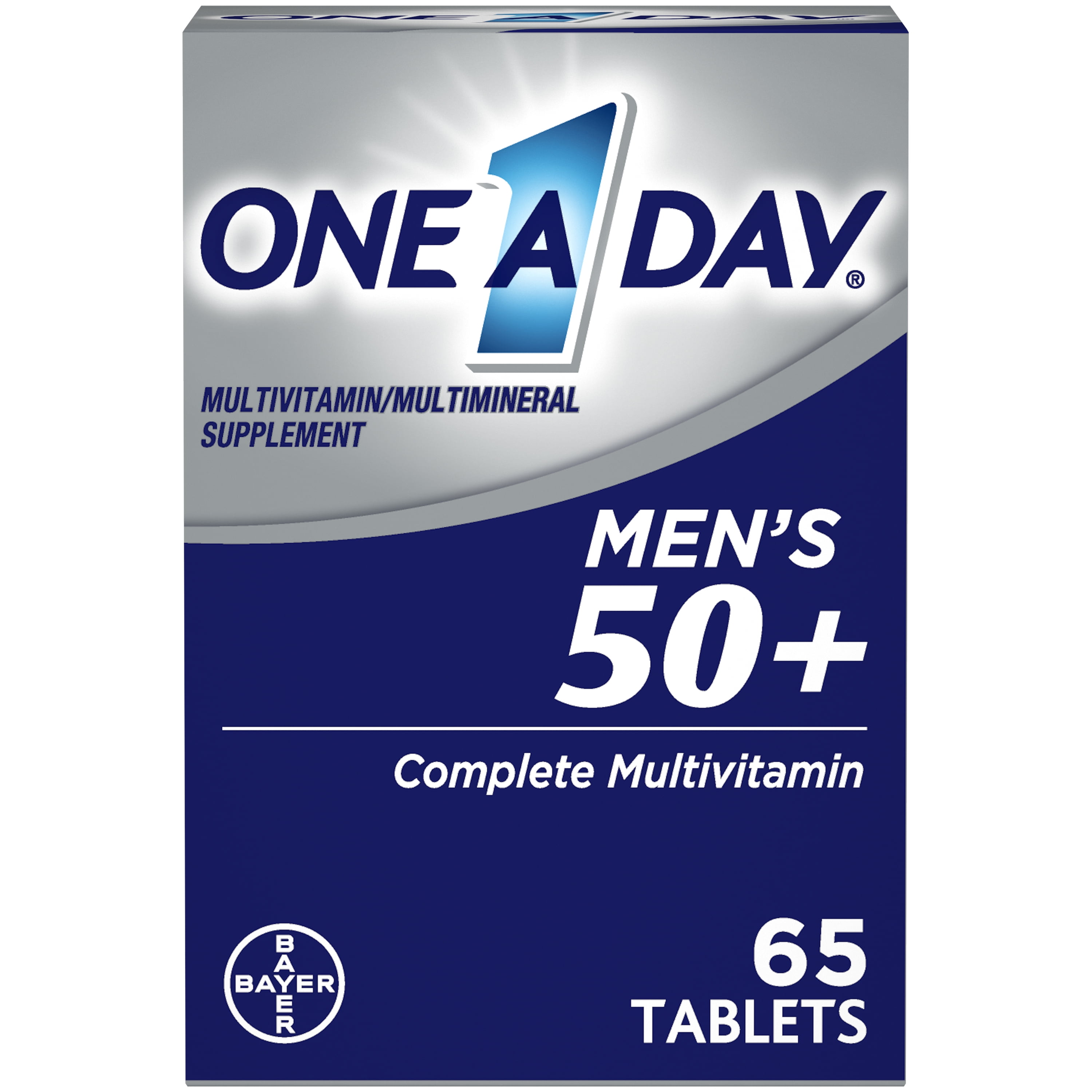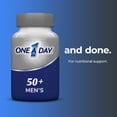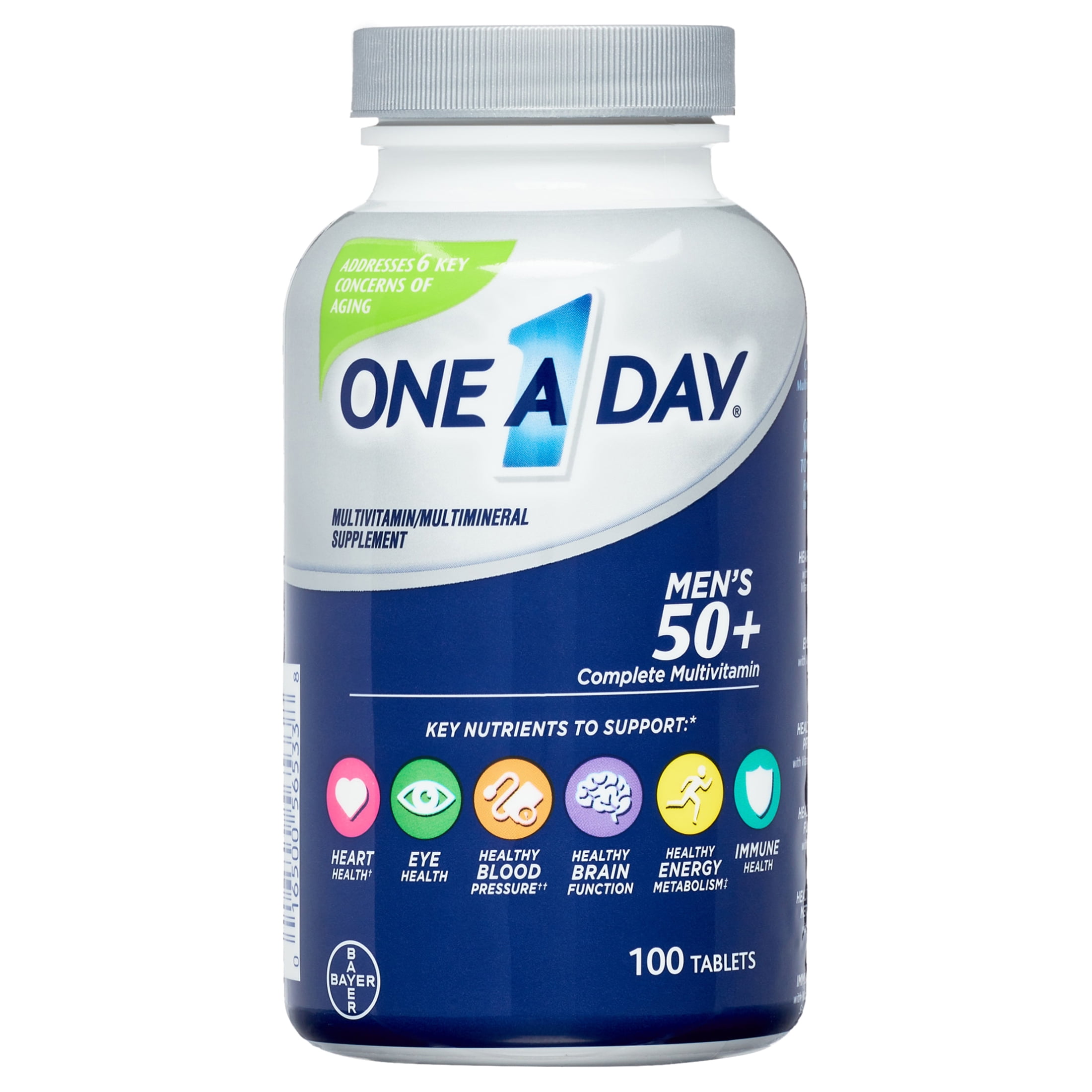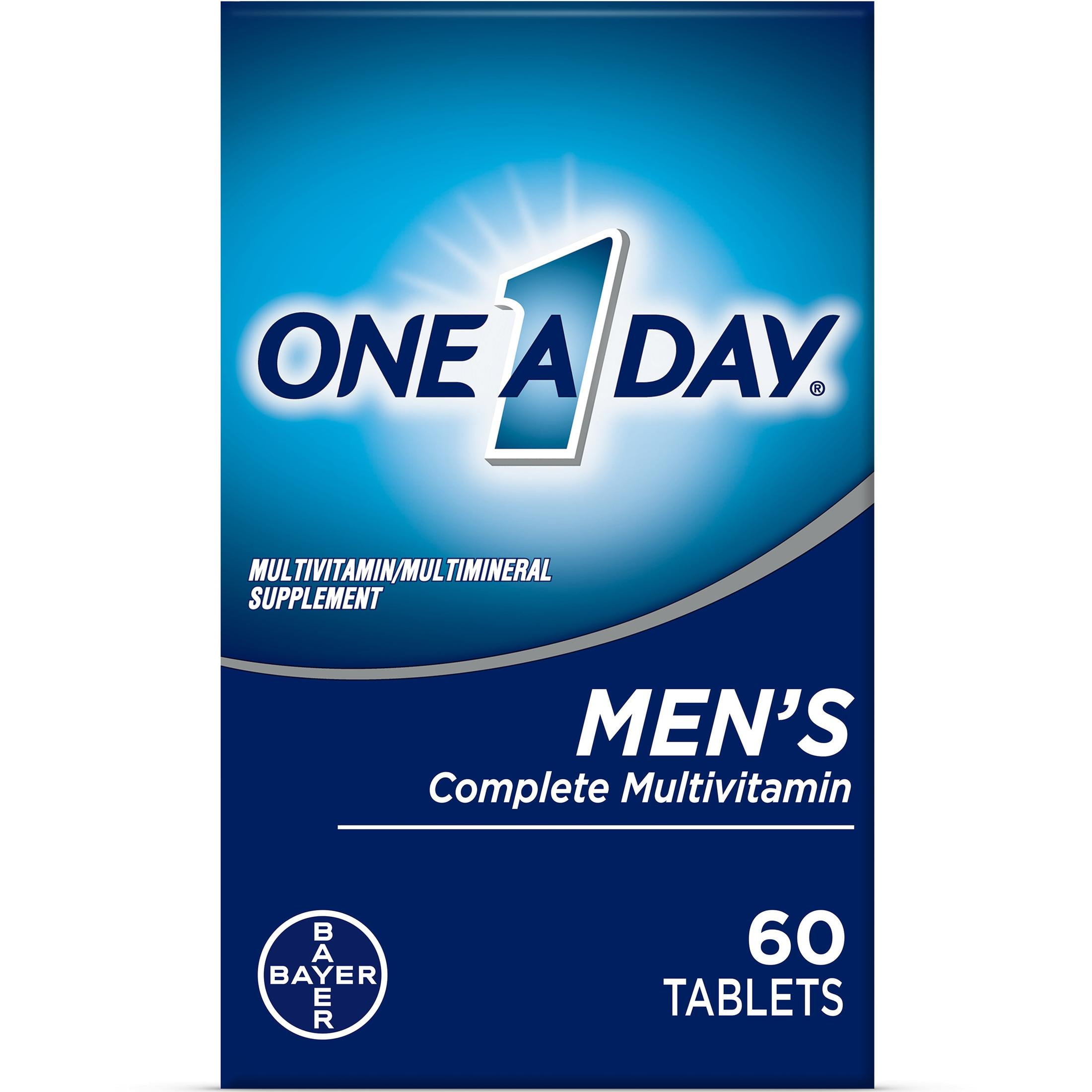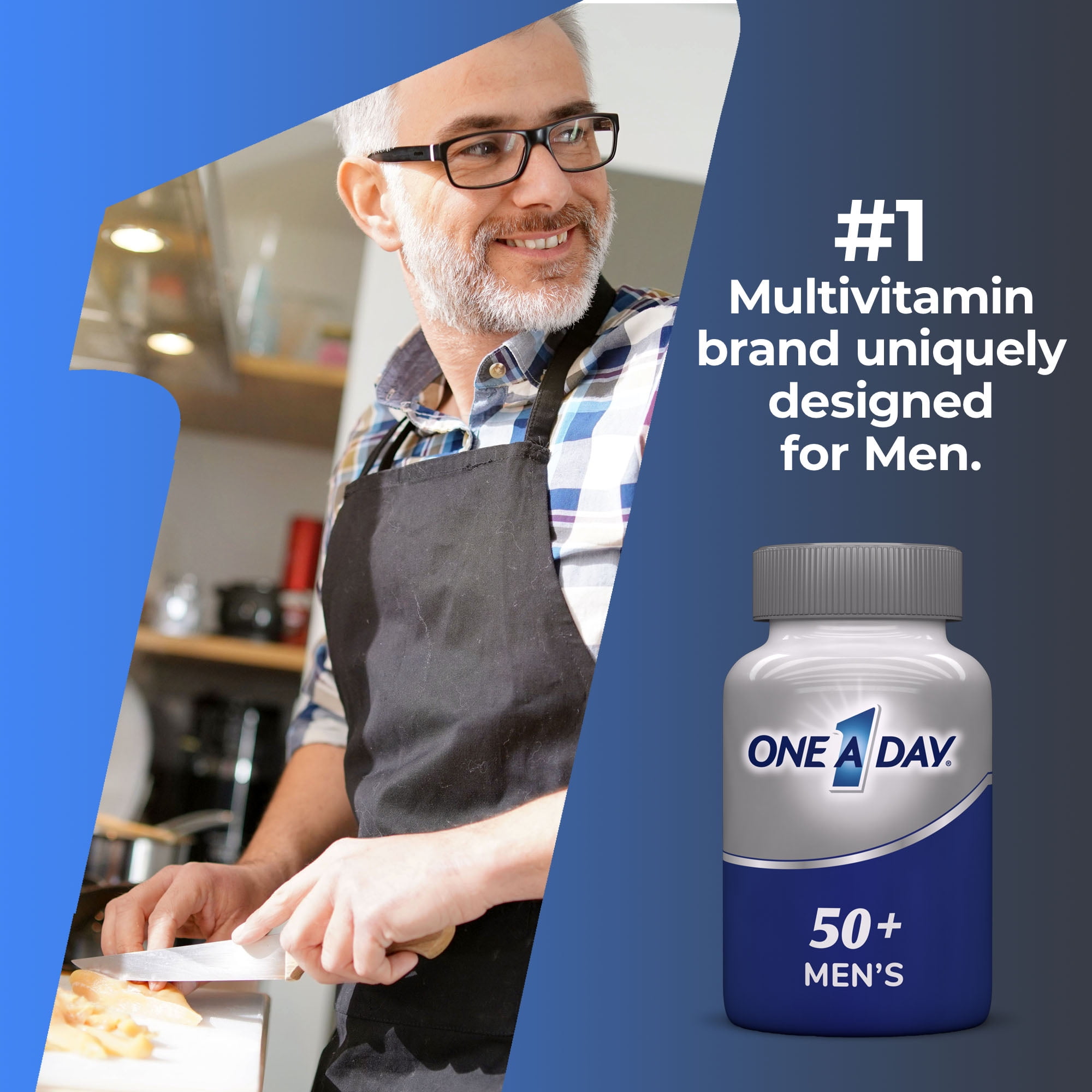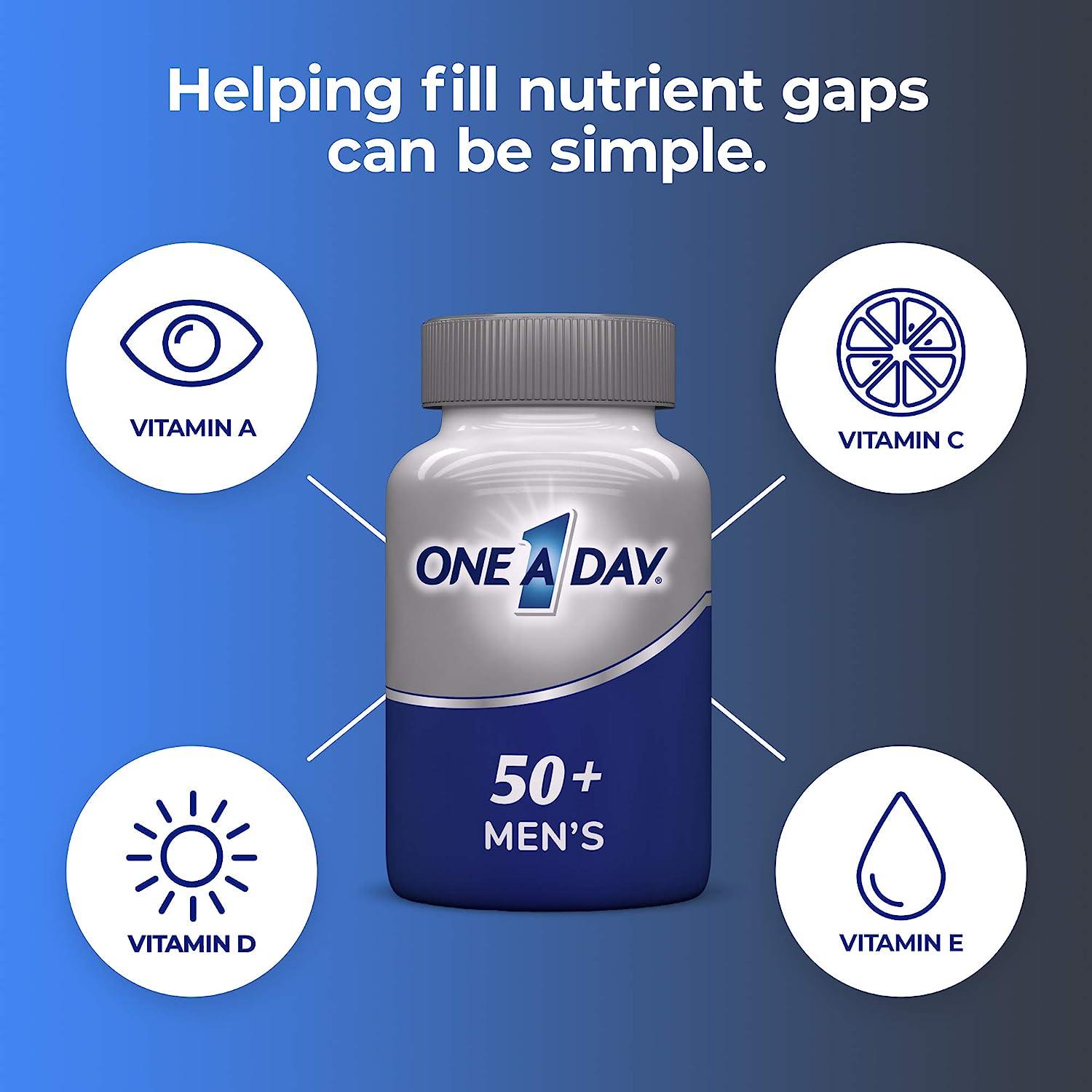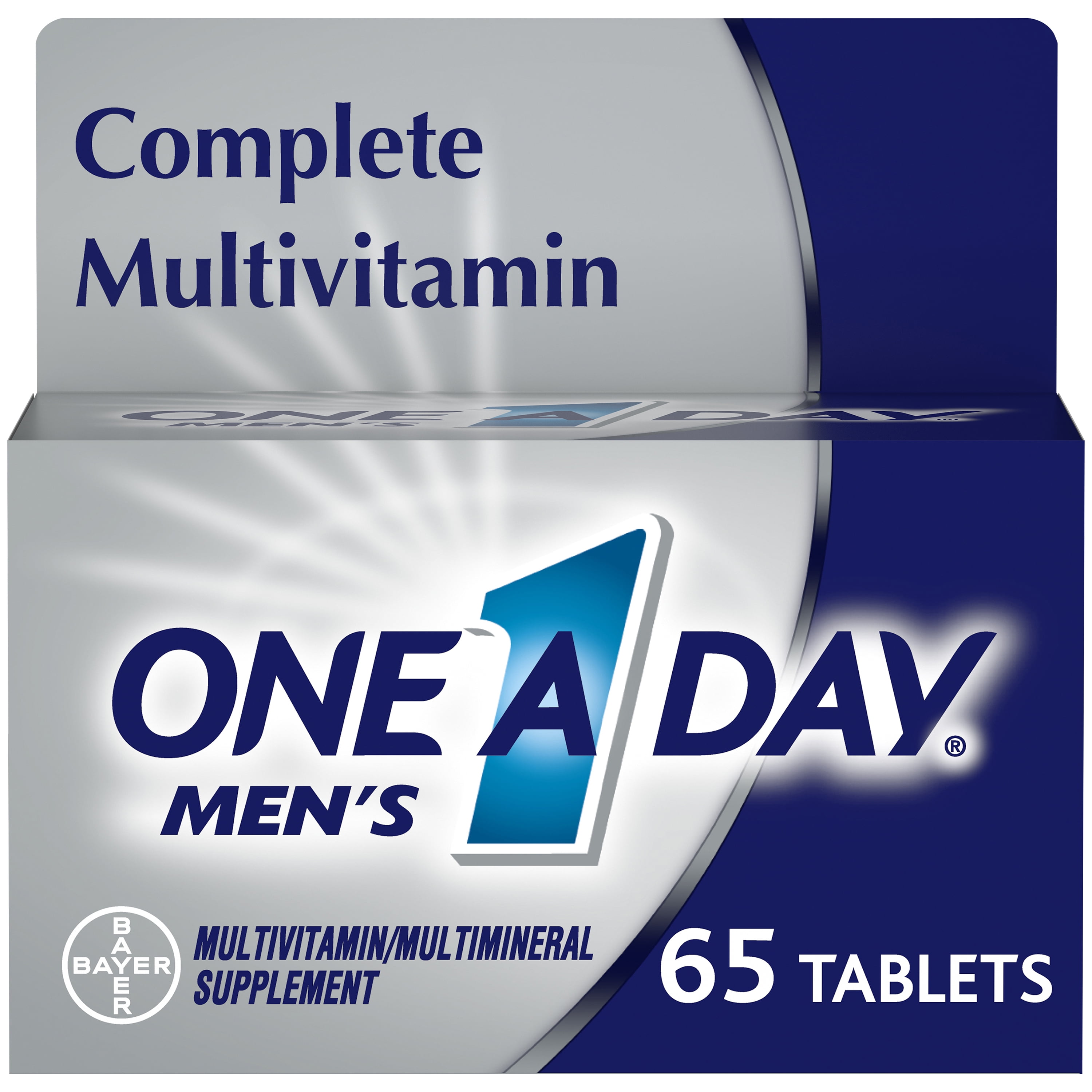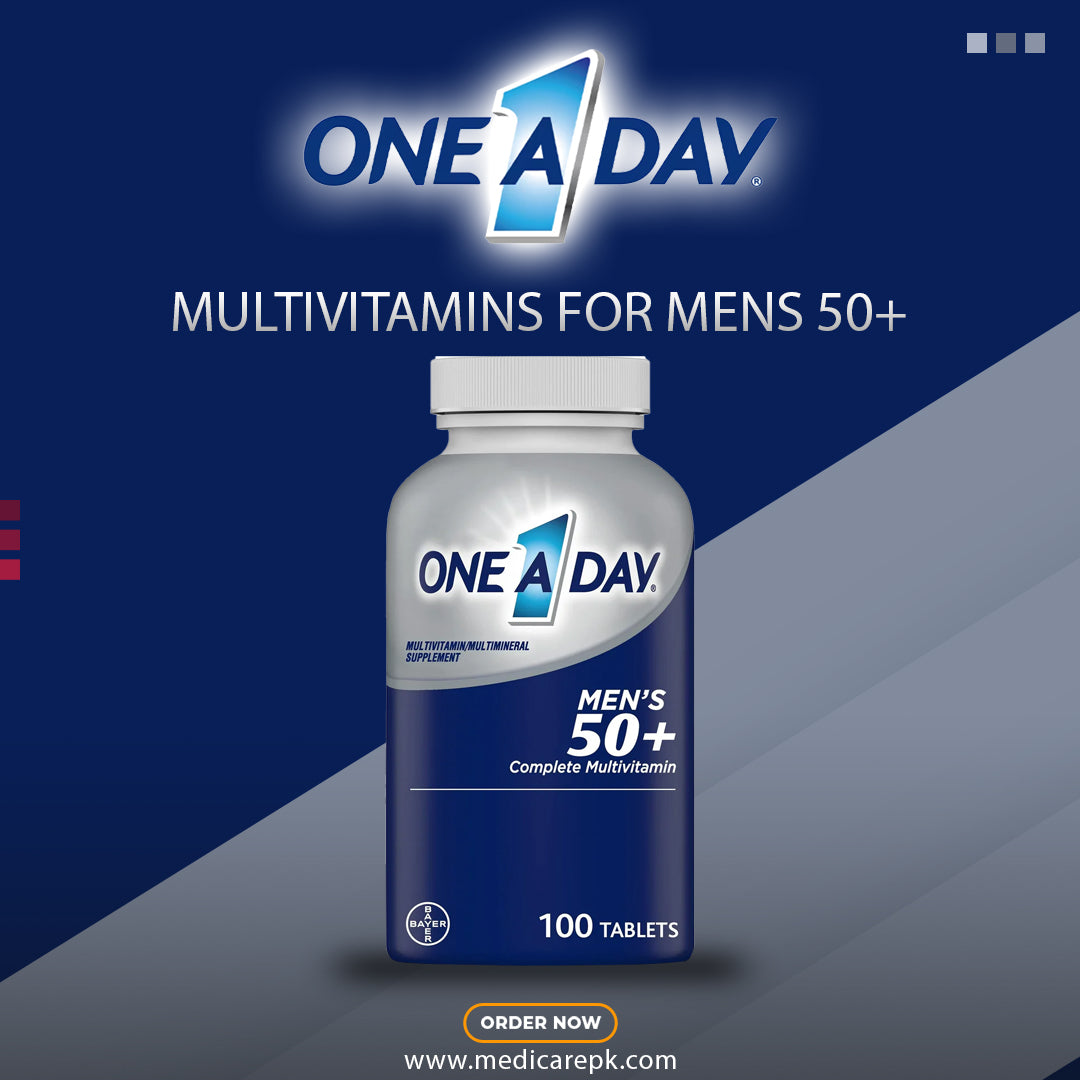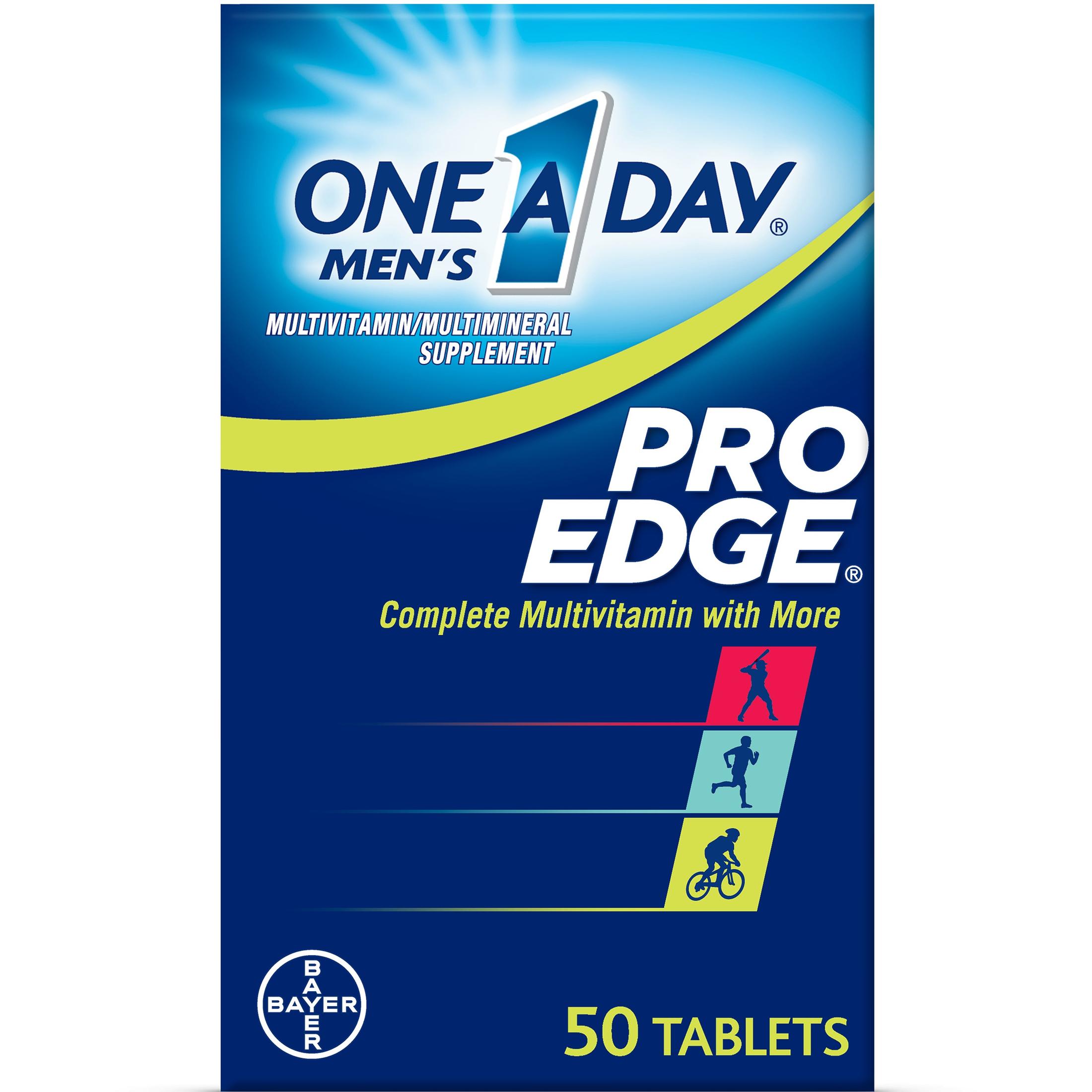Can I Take One A Day Men's 50+
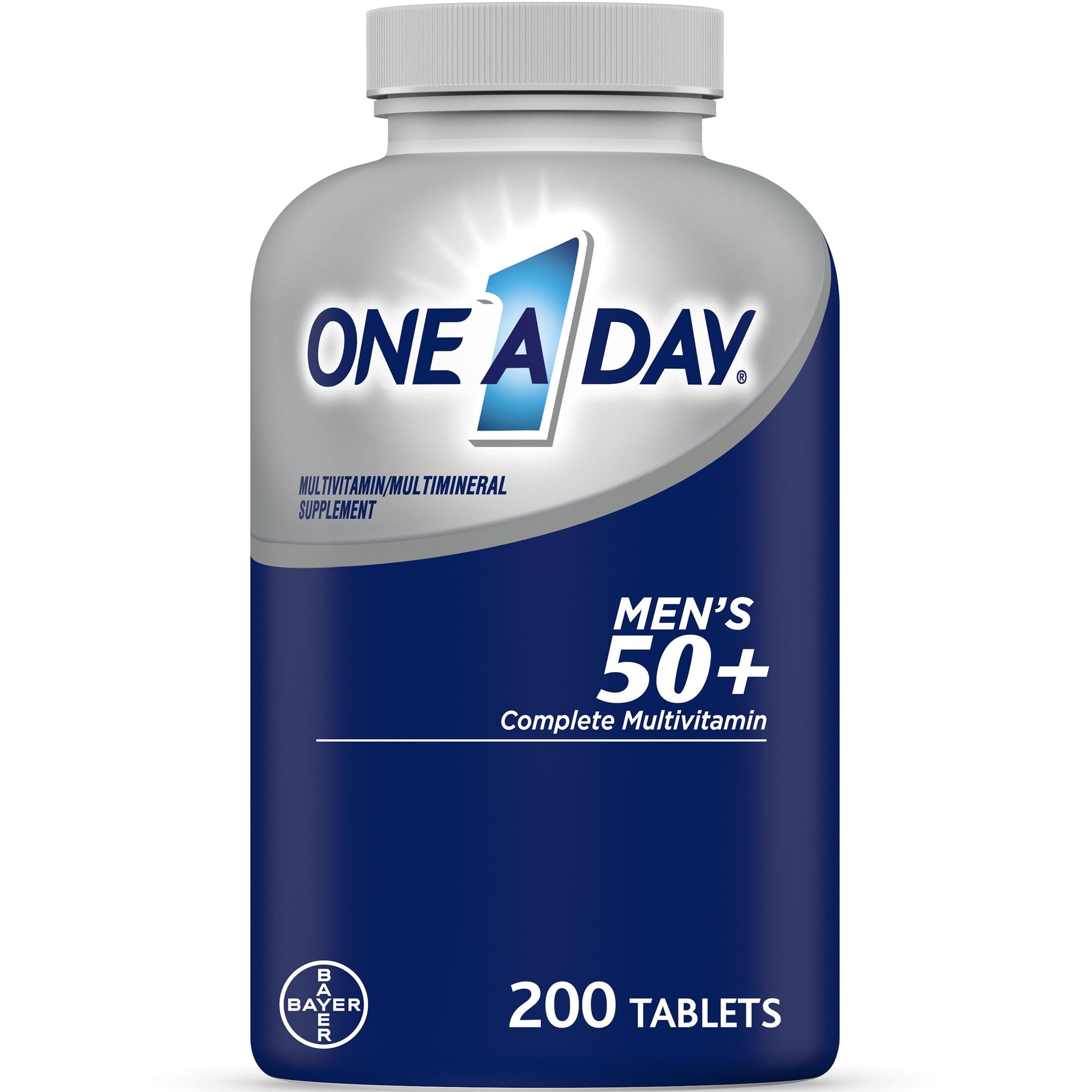
For men navigating the complexities of aging, the question of whether to supplement their diet with a daily multivitamin like One A Day Men's 50+ is common. The answer, however, is far from straightforward and depends on individual health conditions, dietary habits, and lifestyle factors.
This article will delve into the science behind multivitamins for men over 50, examining their potential benefits, risks, and what leading health organizations advise. We will explore the specific nutrients in One A Day Men's 50+ and how they align with the evolving nutritional needs of older men.
Understanding Nutritional Needs After 50
As men age, their bodies undergo physiological changes that affect nutrient absorption and utilization. The National Institutes of Health (NIH) highlights that older adults often require higher intakes of certain vitamins and minerals, such as vitamin D, vitamin B12, and calcium.
These increased needs stem from factors like decreased stomach acid production, which hinders B12 absorption, and reduced kidney function, impacting vitamin D activation. Furthermore, age-related muscle loss (sarcopenia) and bone density decline (osteoporosis) necessitate adequate protein and calcium intake.
What One A Day Men's 50+ Offers
One A Day Men's 50+ is formulated with vitamins and minerals designed to address some of these age-related nutritional shifts. According to the product label, it contains vitamin A, vitamin C, vitamin D, vitamin E, B vitamins (including B12 and folic acid), calcium, magnesium, zinc, and selenium, among others.
The inclusion of vitamin D and calcium aims to support bone health, while B vitamins contribute to energy metabolism and nerve function. Antioxidants like vitamins C and E are included to combat oxidative stress.
It's crucial to note that the specific dosages of each nutrient in One A Day Men's 50+ are determined by the manufacturer, Bayer, and align with recommended daily allowances (RDAs) and tolerable upper intake levels (ULs) established by organizations like the Institute of Medicine (IOM).
Potential Benefits and Risks
Advocates of multivitamins argue they can fill nutritional gaps and support overall health. Studies published in journals like the American Journal of Clinical Nutrition have suggested potential benefits of multivitamin use, including improved cognitive function and reduced risk of certain chronic diseases in older adults.
However, the scientific evidence remains mixed, and the benefits often depend on the individual's baseline nutritional status. Some experts caution that multivitamins may not be necessary for individuals already consuming a balanced diet.
The U.S. Preventive Services Task Force (USPSTF) has stated that there is insufficient evidence to recommend for or against the use of multivitamins for the prevention of cardiovascular disease or cancer. Potential risks associated with multivitamin use include exceeding the ULs of certain nutrients, which can lead to adverse health effects.
For example, excessive intake of vitamin A can cause liver damage, while too much iron can lead to gastrointestinal issues. It's also important to consider potential interactions between multivitamins and medications.
Consulting a Healthcare Professional
The most prudent approach to determining whether to take One A Day Men's 50+ is to consult with a healthcare professional. A doctor or registered dietitian can assess individual nutritional needs based on a comprehensive medical history, dietary analysis, and potential nutrient deficiencies.
They can also advise on the appropriate dosage and screen for any potential interactions with medications. Furthermore, they can help identify whether lifestyle modifications, such as dietary changes or increased physical activity, could be more effective in addressing specific health concerns.
Remember that multivitamins are intended to supplement, not replace, a healthy diet. A well-balanced diet rich in fruits, vegetables, whole grains, and lean protein remains the cornerstone of good health at any age.
The Bottom Line
The decision to take One A Day Men's 50+ is a personal one that should be made in consultation with a healthcare professional. While the multivitamin may offer potential benefits in addressing specific nutritional gaps, it's not a magic bullet for health.
A personalized approach, considering individual needs and risk factors, is essential. Focus on a balanced diet and healthy lifestyle habits, and use multivitamins only when recommended by a qualified healthcare provider to address diagnosed deficiencies or specific health concerns.

